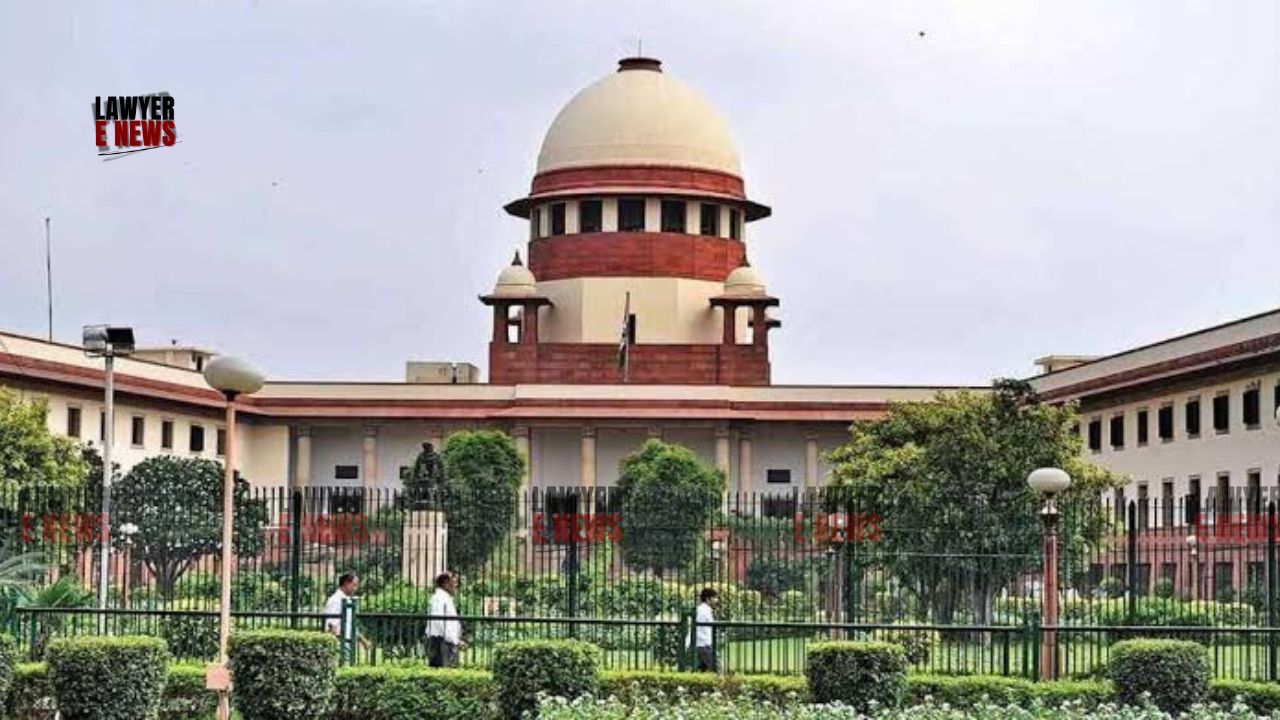-
by Admin
15 February 2026 2:36 AM



Supreme Court of India delivered a significant judgment in Shashi Bhushan Prasad Singh v. The State of Bihar and Others (Civil Appeal No. 7257 of 2023 and connected matters), quashing the Bihar government’s decision to cancel the entire recruitment process for Junior Engineers. The Court ruled that the state could not alter the rules after the recruitment process was concluded, reiterating the principle that "changing the rules of the game after it has been played is impermissible."
The case originated from a recruitment advertisement dated March 8, 2019, issued by the Bihar Technical Service Commission (BTSC) for 6,379 posts of Junior Engineer (Civil). The educational qualifications specified that candidates must possess a diploma from an institute recognized by the All India Council of Technical Education (AICTE). However, candidates holding diplomas from private universities not approved by AICTE were deemed ineligible, prompting them to file writ petitions challenging the eligibility criteria.
During the recruitment process, several legal issues arose, including challenges to the amended recruitment rules and the eligibility of candidates from non-AICTE-approved institutions. The High Court of Patna intervened multiple times, directing the BTSC to proceed with caution, but eventually, the State decided to cancel the entire process and reframe the rules.
The key legal issue revolved around the amendment to Rule 9(1)(iii) of the Bihar Water Resources Department Subordinate Engineering (Civil) Cadre Recruitment Rules 2017, which restricted eligibility to AICTE-approved institutions. The writ petitioners contended that this amendment was contrary to the Supreme Court’s decision in Bharathidasan University & Anr. v. AICTE (2001), which held that universities do not require AICTE approval to offer technical courses.
The appellants, successful candidates in the recruitment process, argued that cancelling the selection after the final list was prepared amounted to changing the rules after the game had been played, which is legally impermissible. They relied on the Supreme Court’s decisions in K. Manjusree v. State of Andhra Pradesh (2008) and Punjab National Bank v. Anit Kumar Das (2021).
The Supreme Court agreed with the appellants, ruling that the cancellation of the recruitment process was unjustified and arbitrary. The Court emphasized that the State cannot alter the selection rules after the process has concluded, especially when candidates have already been selected based on the extant rules. The Court noted:
“This amounts to effectively changing the rules of the game after the game was played, which is impermissible and deprives the candidates of their legitimate right of consideration under the previous Rules.”
The Court also highlighted that the AICTE had clarified that private universities offering technical courses do not require AICTE approval, aligning with the writ petitioners' arguments.
In its decision, the Court directed the BTSC to prepare a fresh select list of meritorious candidates from the 2019 recruitment process within three months. It also ordered the State to act on the revised list within 30 days after its submission, taking into consideration candidates who were previously declared ineligible due to the AICTE restriction.
The Supreme Court’s ruling ensures that the original selection process for Junior Engineers in Bihar, initiated in 2019, will proceed without the arbitrary cancellation imposed by the State. The judgment reaffirms the legal principle that recruitment rules cannot be altered post-facto, protecting the rights of candidates who had already successfully participated in the selection process.
Date of Decision: October 4, 2024
Shashi Bhushan Prasad Singh v. The State of Bihar and Others
